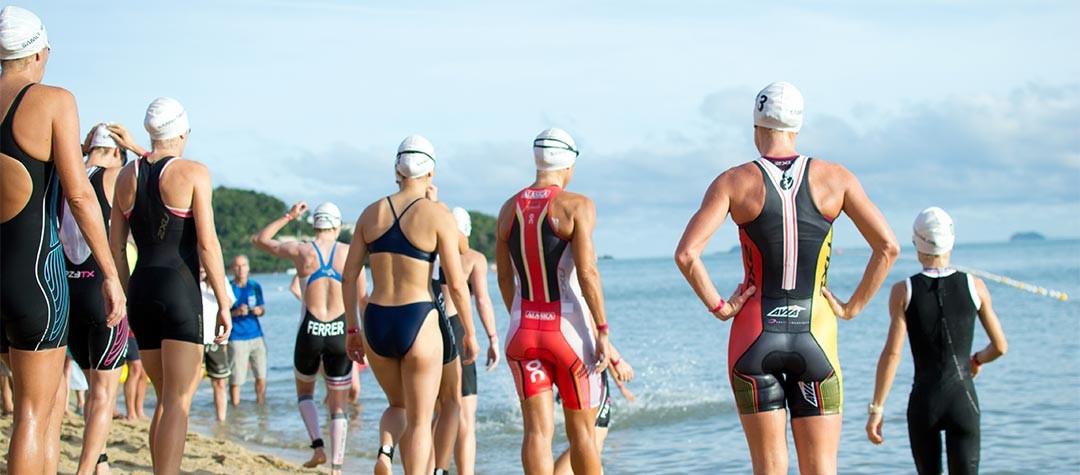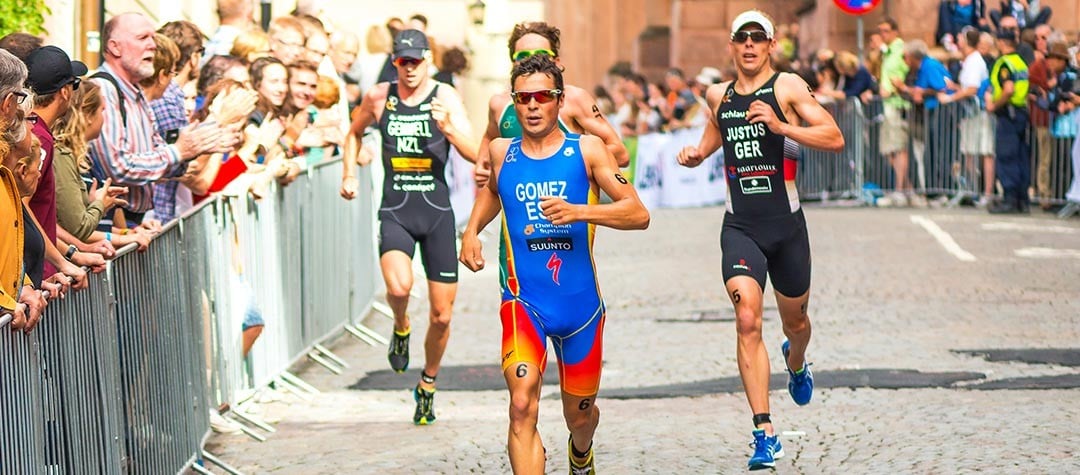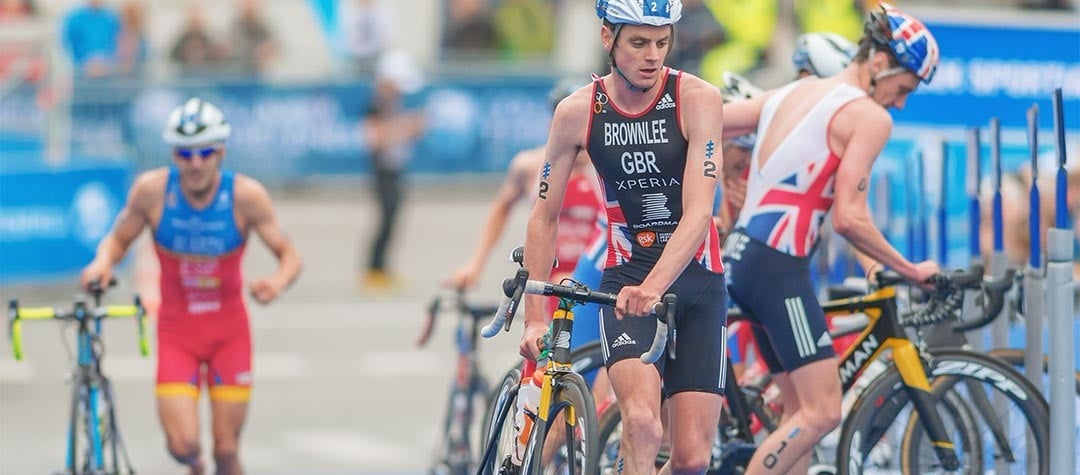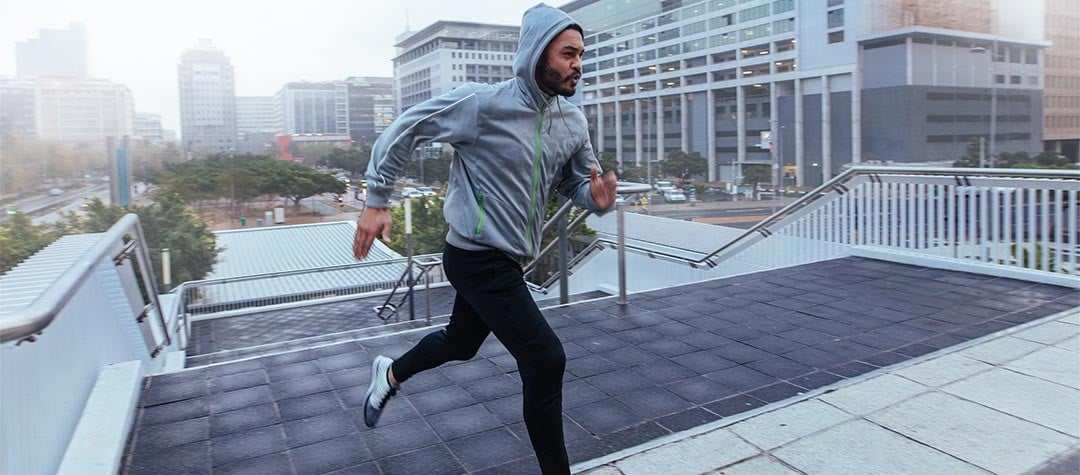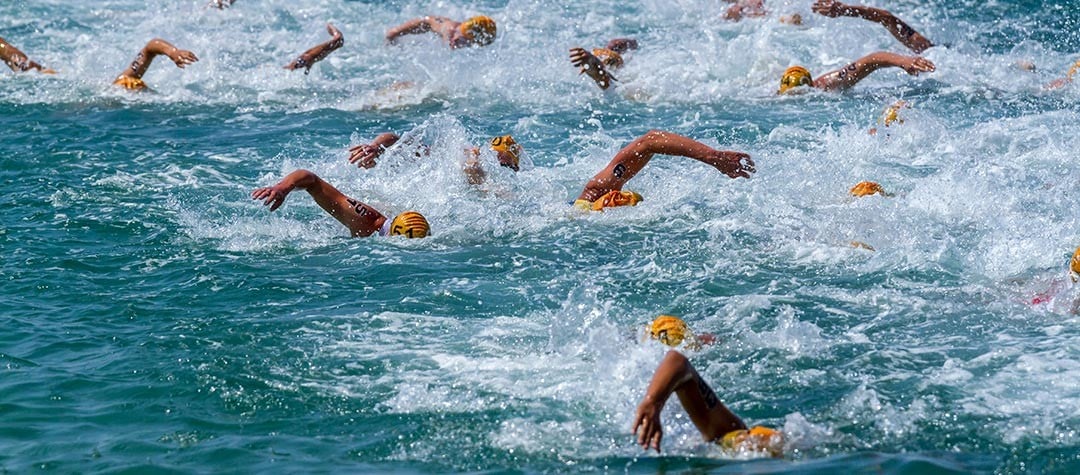Find out how triathletes can benefit from attending a residential triathlon training camp to train almost as though you are a pro athlete.
As a professional triathlete with a small family and a Labradoodle (who luckily will come with me for my easy run) life can be very chaotic and most of the time I certainly feel like there just are not enough hours in the day. Now throw in a serious job in there and for your average amateur athlete there can’t be any hours left in the week!
It’s very much a hard balancing act to get right. Attending a residential triathlon training camp could be the answer to getting in a good block of training; find out how it could help:
14 hours per week minimum training
Of the five athletes that I coach the minimum I have them training is 14 hours a week, and they definitely need that many hours and more if they want to reach their goals. In my eyes you should tick over with this sort of volume on a weekly basis, but it can be especially beneficial if every so often you can overload yourself with a much longer and harder block of training to stress the body in order to adapt and improve. That’s where it can be really beneficial to your performance is you can build in a training camp into the year.
Train as a pro
A training camp gives you that opportunity to train as if you were a professional athlete. I always think as soon as you go somewhere warm over winter you all of a sudden feel 50 watts stronger and lose 5kgs! That boost will carry you through a great camp so you leave there with a nice boost in fitness, having lost some of your winter weight and feeling much better about your training, so you’re ready to come back home and carry back on with the winter training.
Rest and recover well
Rest is an important principle of training and when you’re on a training camp, usually in warmer climes than at home, you have more than enough opportunity to get a solid night sleep and rest on the sun lounger between sessions. With the extra rest you’re having you’ll probably surprise yourself by how much training you can tolerate and how you can back up the days.
Boost your confidence and motivation
With the change in environment, the nice warm sunny days and the big miles you’ve done you’ll always leave a training camp feeling fit, healthy and really good about yourself and probably ready to go home and rest and recover. Just those couple of weeks will give you a big boost in fitness and provide you with the confidence and motivation to go back home and continue to build on your fitness from there into the season.
Realistic goals
I often think that the winter time is the most beneficial time to plan a training camp. The winter is all about consistency, backing up the weeks and building up your foundations for a big year of racing. When you arrive at the training camp sit down and plan out what you want to achieve from the camp and be realistic.
10 days is the perfect duration
Around 10 days is the perfect duration if you’re wanting to go out there and hit a heap of volume. If you’re strong you’ll last a two-week stint but usually after 10 days you’re starting to lose the will! In the winter time, the Canary islands are the best place to train in Europe. I love to go to Lanzarote and stay at Sands Beach Resort. It’s the warmest place at that time of year, the weather is still in the 20’s, the sun is out most days and you’ll have to battle the winds which will make you nice and strong and probably knackered! Perfect for that time of year.
Picture credit: ARZTSAMUI / Shutterstock.com

